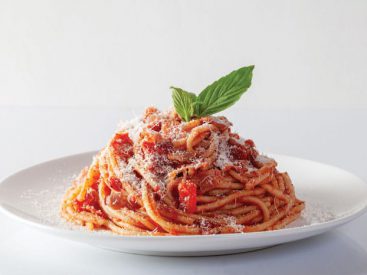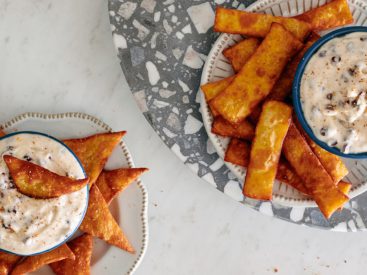Over the past few decades, Toni Tipton-Martin has accumulated a lot of books. Hundreds of them. Mostly cookbooks, and mostly by Black writers, home cooks, and chefs who have not been given their due in American food culture. Her mission in her two most recent cookbooks, The Jemima Code […]
Delicious!
Delicious!



